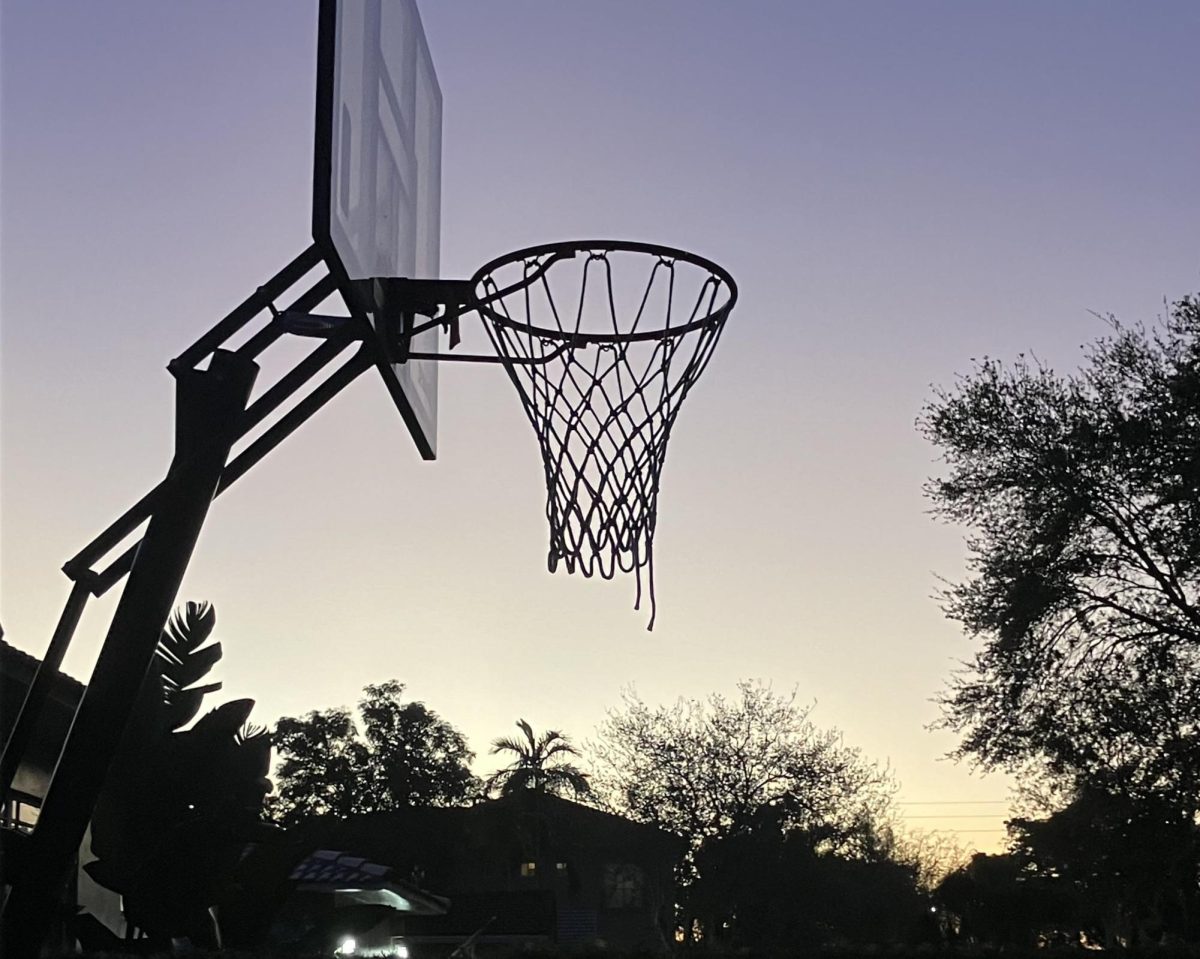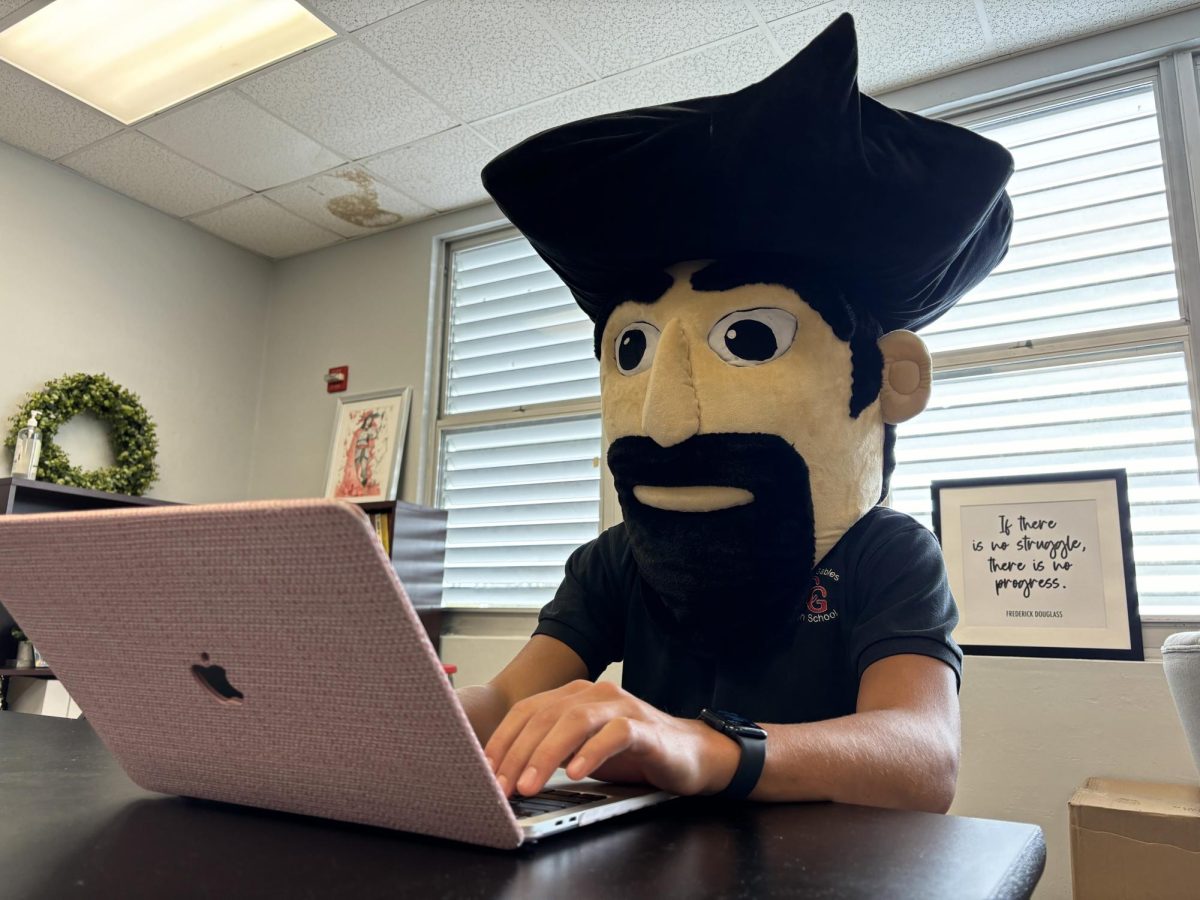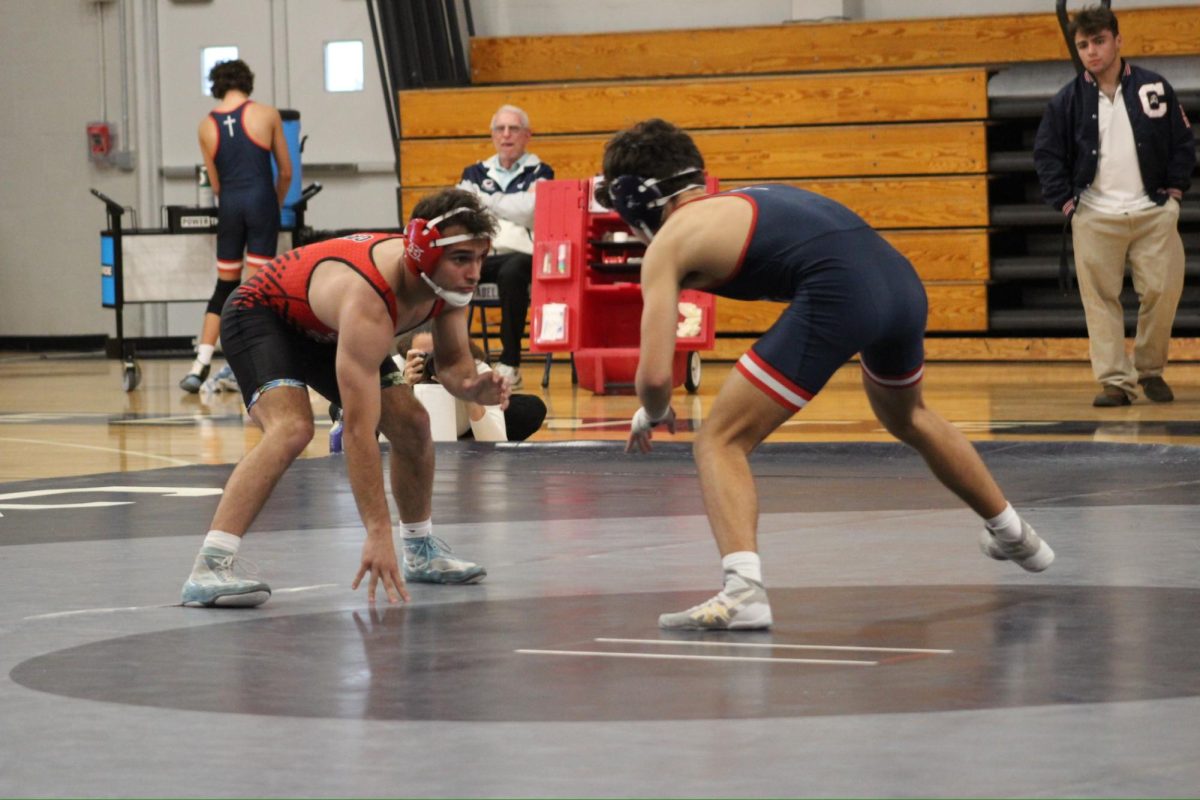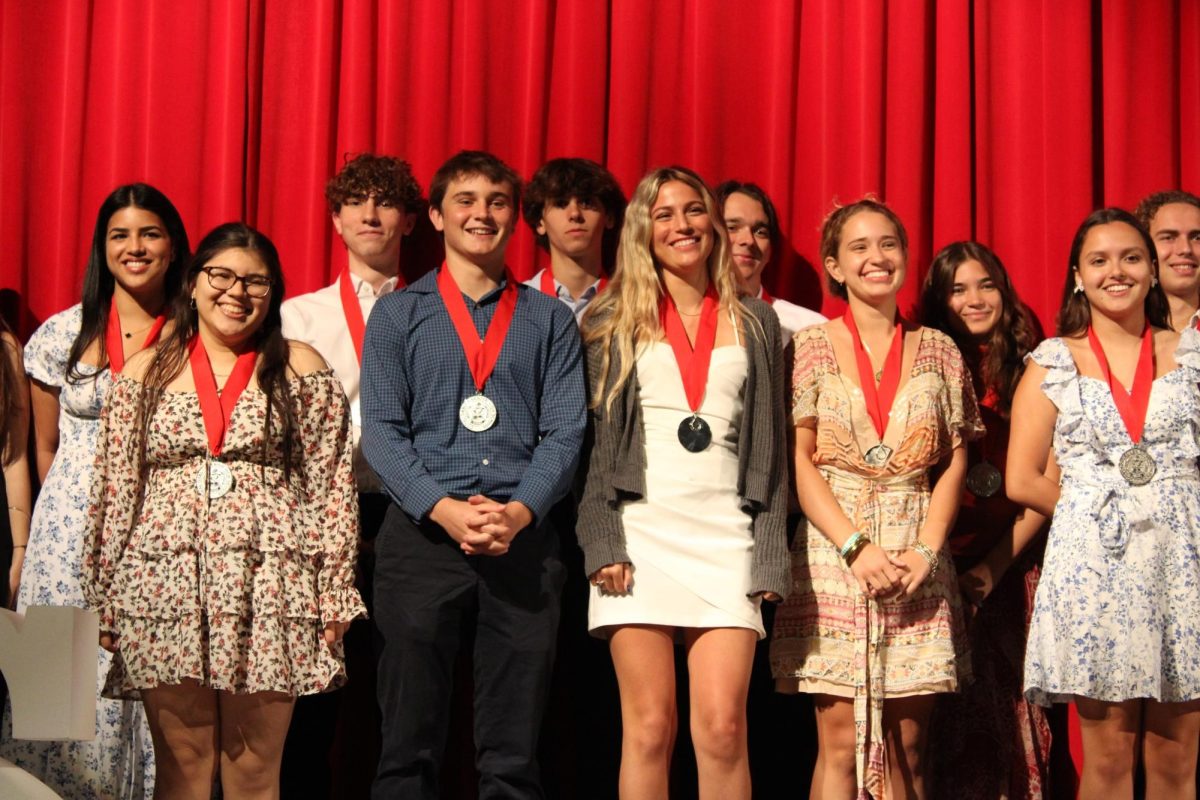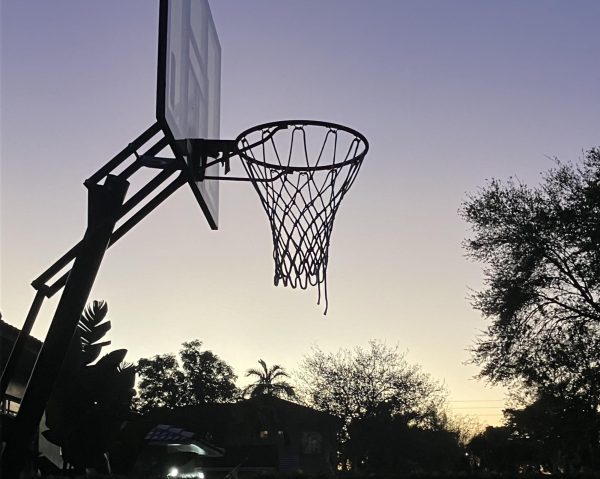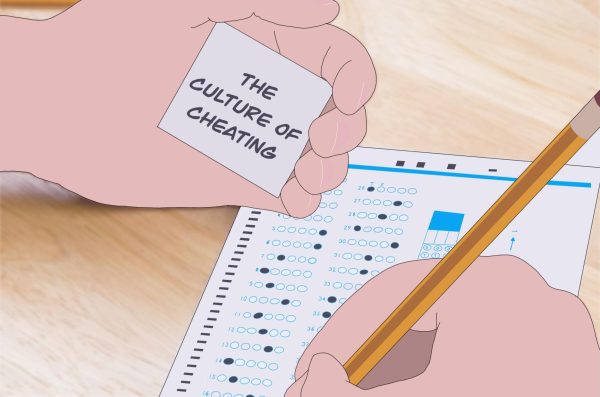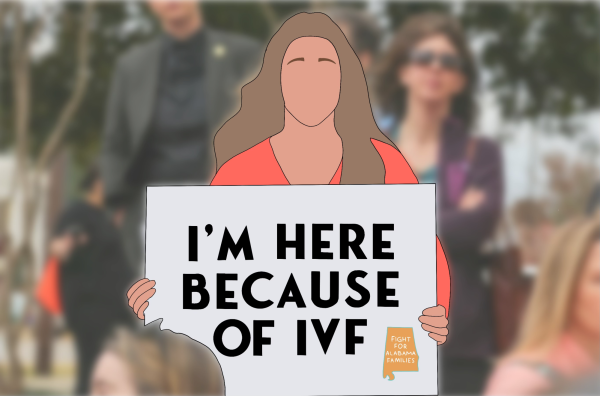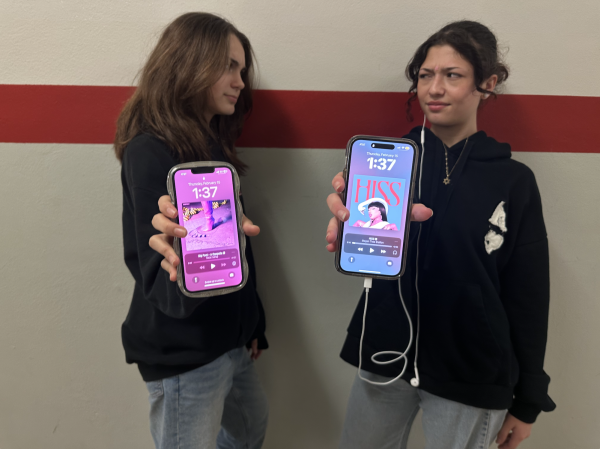Should College Athletes Get Paid?
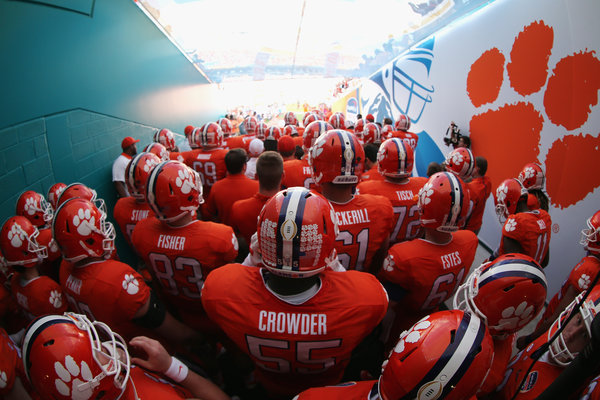
Every game student athletes run the risk of getting a career ending injury. So, does this mean that they should get paid?
May 10, 2016
Every day, an increasing number of high school athletes are signing their college years with schools that offer athletic scholarships for a select few to obtain their diploma by playing the sport they love. To most, this seems like the “ultimate goal” for any athlete. However, one stipulation of these scholarships is that the student athletes cannot receive monetary payment outside of what their scholarship covers. This causes many students to believe that they should be paid for putting their health at risk when representing the school and have the other benefits of their scholarships. Many basketball, soccer, and football players go and enter college believing it will be their golden years, but somewhere along the way end up injured and realize that college sports aren’t all that they are put out to be.
The National Collegiate Athlete Association (NCAA) is recorded to have made at least $6 billion every year, but the players don’t see to any of that money despite putting their career at-risk every game. On top of that, athletes receive no profit whatsoever from what athletic companies are making off their name (i.e. shoes, shirts or accessories). It is argued by many retired players, current players and even judges that the least the NCAA could do is allow players to get paid for what they’ve rightfully invested. Although a full scholarship to attend college seems like enough, it is not a reliable source of income for any college athlete since at any given moment they can easily have it revoked if they have a career-ending injury. The NCAA proposes that players run a daily risk of losing an education when they can very well have the opportunity to gain perhaps a yearly salary, as journalist and retired athlete Joe Nocera mentions in this New York Times Article.
However, considering that college athletes are basically debt-free when leaving college, and they get to represent the school they are playing for, it seems excessive to pay them any more. College athletes don’t have to worry about student loans, paying for textbooks, the cost of on-campus living, and meal plans. According to Institute For College Access & Success, in the State of Pennsylvania 71% of students leave a public four-year institution or private non-profit four-year institution in debt. The average amount of debt is $32,528. That is a huge burden on someone who might not have a job immediately after graduation, but college athletes don’t have to worry about that, seeing that they don’t have to worry about paying off their college education. Also, the NCAA wouldn’t know how to divide the salary among different sports. Should known college football player competing in the National Championship get paid the same as a “non-revenue sport”? They work just as hard, shouldn’t they be paid equally?
Although paying athletes seems completely impossible, it is without a doubt that the NCAA could come to a reasonable agreement and find a way for college athletes to get rewarded for their hard work and dedication. Regardless, every college athlete being promoted by Nike or any other company should be compensated fairly. Without this equality in the NCCA system, it is safe to say that talent is not being valued at the standard it should be, and that even athletic companies are taking advantage of players’ youthful talent for their own gain.
“College athletes should be able to [make] money from all the companies using their name. They work too hard not to get paid,” freshman Luis Lopez said.
College athletes definitely are at risk every game. There is no guarantee that they’ll never get hurt and have a scholarship to fall back, instead they are revoked their chance at a fully paid education if they get injured. That is exactly why the NCAA should allow college athletes to gain some kind of profit from the merchandise that’s being sold with their name and maybe even a possible salary.



